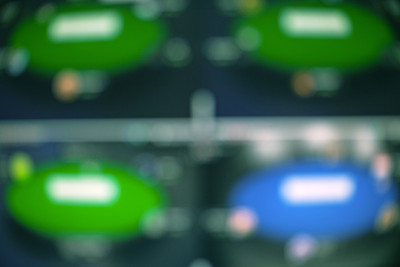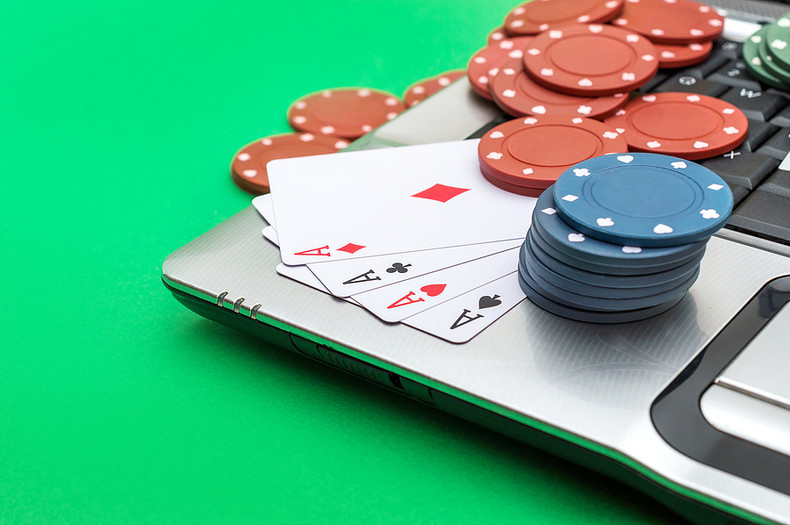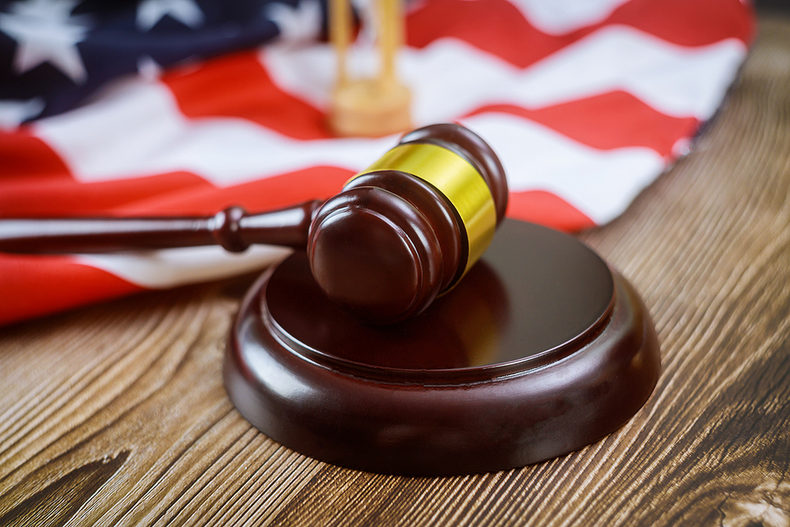 PokerStars have revealed that they will be closing their Full Tilt brand with immediate effect, a decade after purchasing the rights to the operator.
PokerStars have revealed that they will be closing their Full Tilt brand with immediate effect, a decade after purchasing the rights to the operator.
The firm had announced back in 2020 that they were ending the Full Tilt connection for players in the European Union, and the announcement on Wednesday confirms a worldwide shutdown has been agreed.
Explaining the decision, a post on the PokerStars website stated that their ‘commitment’ to growing their main brand meant that other subsidiaries had to be cut adrift. “Our commitment to improving PokerStars software and the PokerStars customer experience in recent years has limited the amount of focus and resources we could apply to the evolution of Full Tilt,” the post revealed.
“We feel it is time to consolidate brands so that everyone has access to the newest features and most innovative games which are available exclusively on PokerStars.”
Any remaining users that are still active on the Full Tilt site will automatically be moved to the PokerStars platform instead, with the Full Tilt apps being removed from the various app stores as of Thursday.
Going On Tilt

Full Tilt is a brand synonymous with the boom of online poker, and while the popularity of the portal suffered in the wake of a series of controversies, they will always be known for playing host to some of the biggest cash games in online poker history.
Established back in 2004 by Raymond Bitar, Full Tilt quickly gained popularity after it was confirmed that poker pros such as Phil Ivey, Andy Bloch, Chris Ferguson and Howard Lederer were all active users of the site.
However, a high profile court case in America saw the brand taken to the cleaners by the Department of Justice, who found that the directors of Full Tilt were running a so-called Ponzi scheme that defrauded their players to the tune of $300 million.
As part of that legal settlement, PokerStars acquired the rights to the Full Tilt name and re-opened the brand to the public – outside of America, that is – in November 2012.
In 2014, Stars was acquired by the Amaya Gaming Group, and while the two poker entities operated simultaneously for a couple of years, they eventually joined together in 2016 with Full Tilt players gaining access to PokerStars’ tournaments and cash games.
Today, that has all changed, with the Full Tilt system no longer available and the PokerStars website and skin taking precedence.
Full Tilt Takedown

The problems for Full Tilt began in 2008.
The site was endorsed by a number of poker professionals, who would appear in exclusive tournaments from time to time – a very strong ‘sales’ tool back in the early going of the online version of the game.
However, one pro – Clonie Gowen – claimed that Full Tilt reneged on a deal that saw her own 1% of the company in return for promoting Full Tilt to the online poker community. The court, after an original rejection and subsequent appeal, ruled in her favour.
A host of civil suits followed as Full Tilt seemed to unravel, with Jason Newitt claiming for unfair dismissal and Lary Kennedy and Greg Omotoy filing a joint suit claiming that they were owed $80,000 by the firm – accusing the brand of using ‘bots’ to win cash games and tournaments, which Full Tilt denied.
The real hammer blow came in September 2011, when the Department of Justice accused the likes of Bitar, Ferguson and Lederer with widespread fraud, claiming that players had lost a combined $300 million at the hands of Full Tilt.
What followed was the ‘Black Friday’ of online poker, as the DOJ took temporary hold of the firm’s assets and closed their sites – only allowing them to re-open for business internationally after they agreed not to offer their services to U.S. based players; whether online poker was considered gambling or not was a particularly thorny subject at the time.
While various pledges of innocence were made, two years later Bitar finally pleaded guilty to the charges after reaching a plea deal with prosecutors, who forced him to give up a reported $40 million in cash and various properties.
It was a seismic moment for Full Tilt and PokerStars, who were thought to own at least 95% market share in America at the time of their banning. From there, it was always going to be difficult for Full Tilt to become anything more than a minnow in an ocean of sharks.
